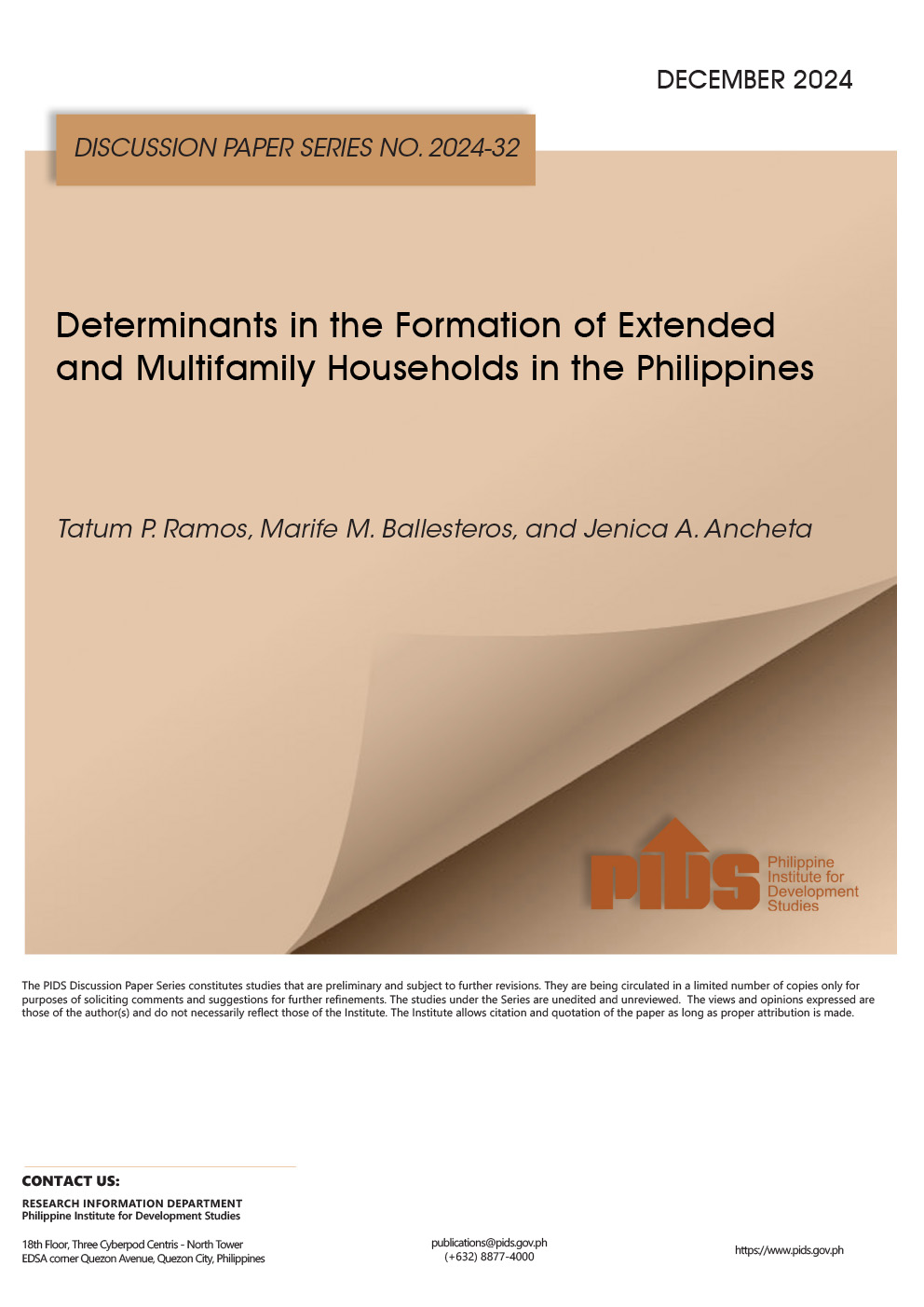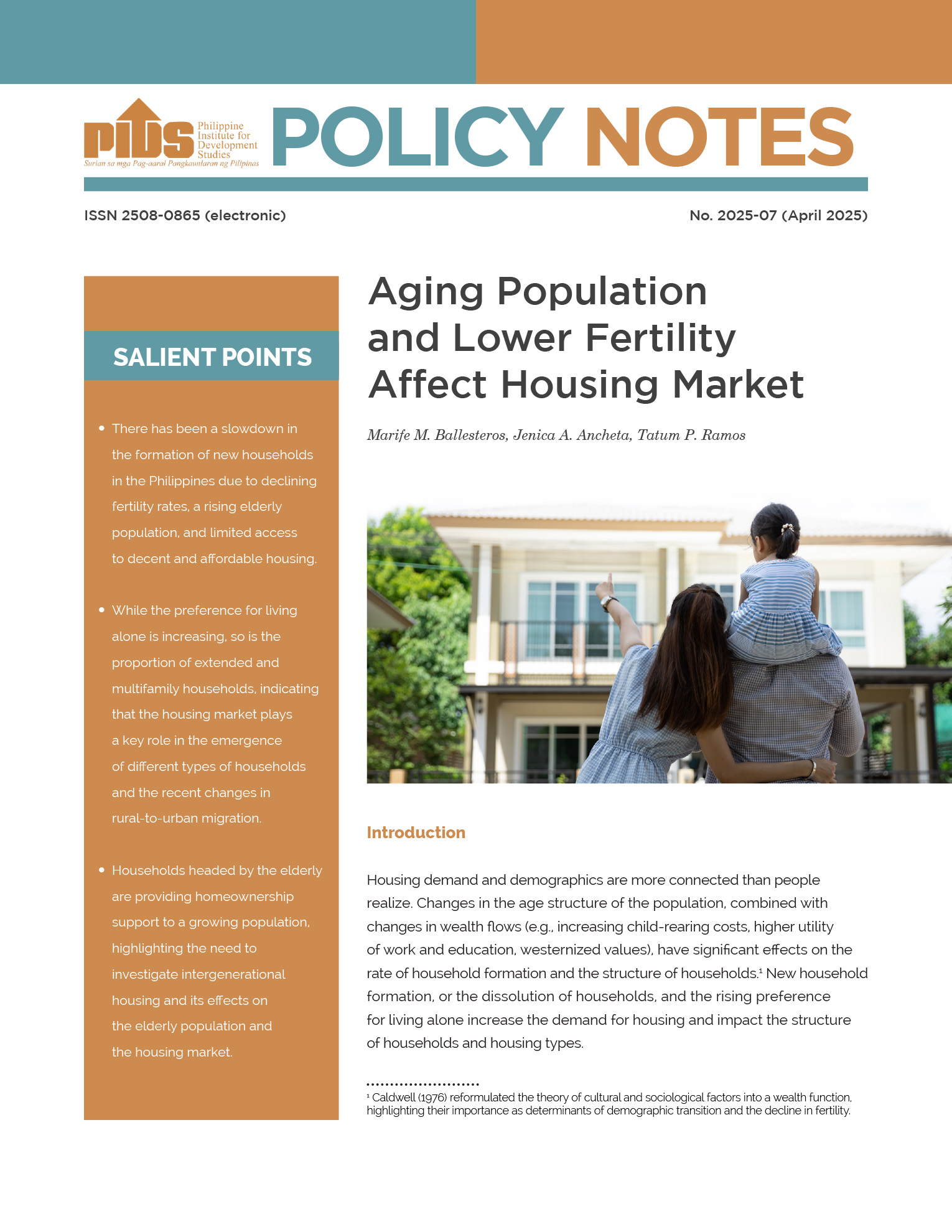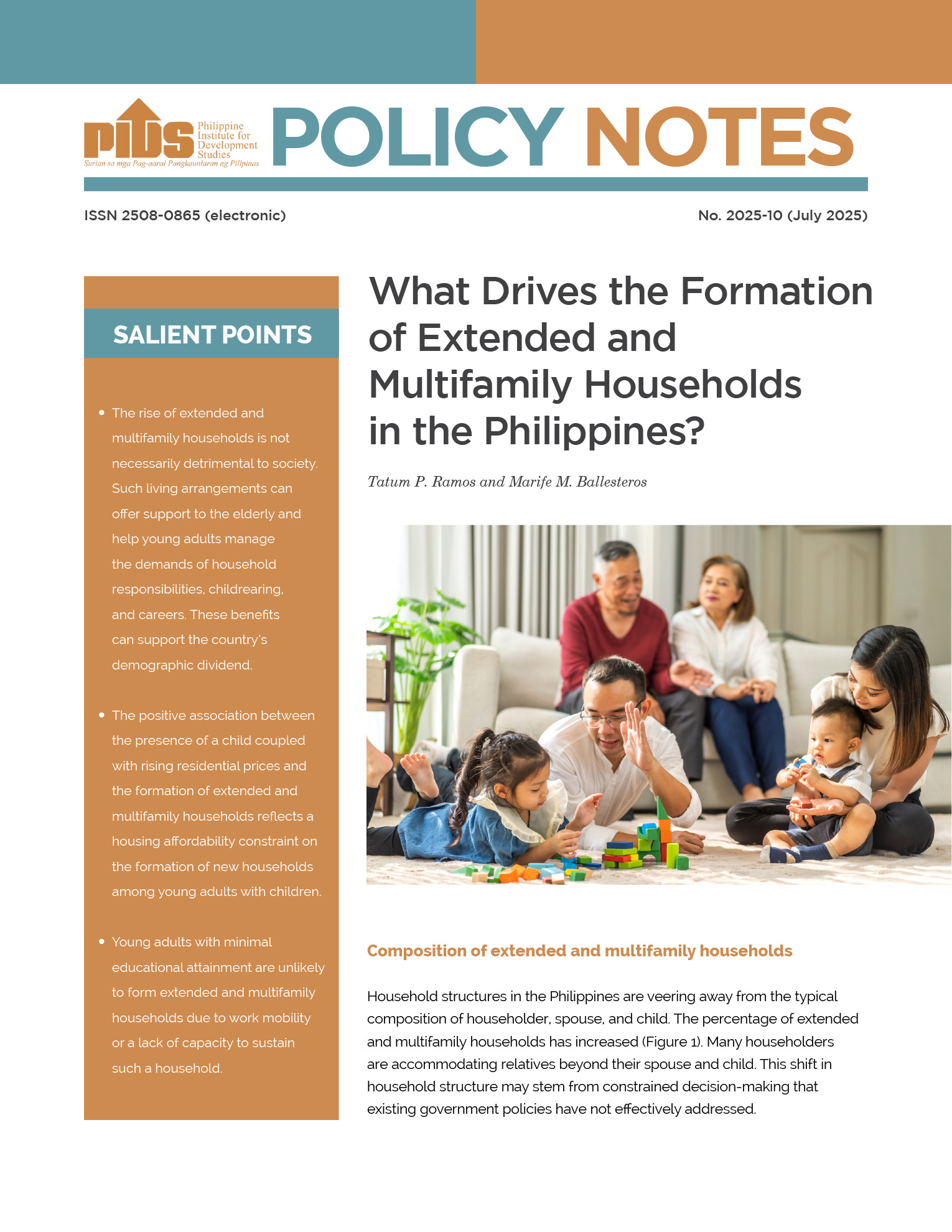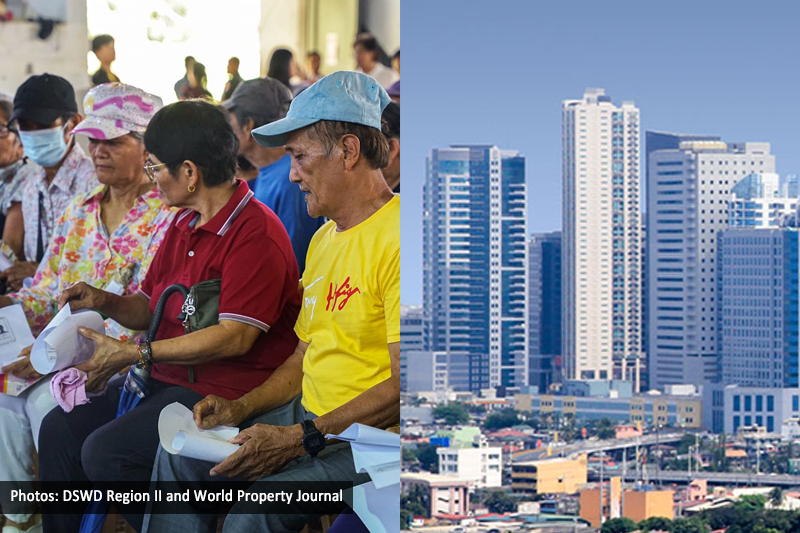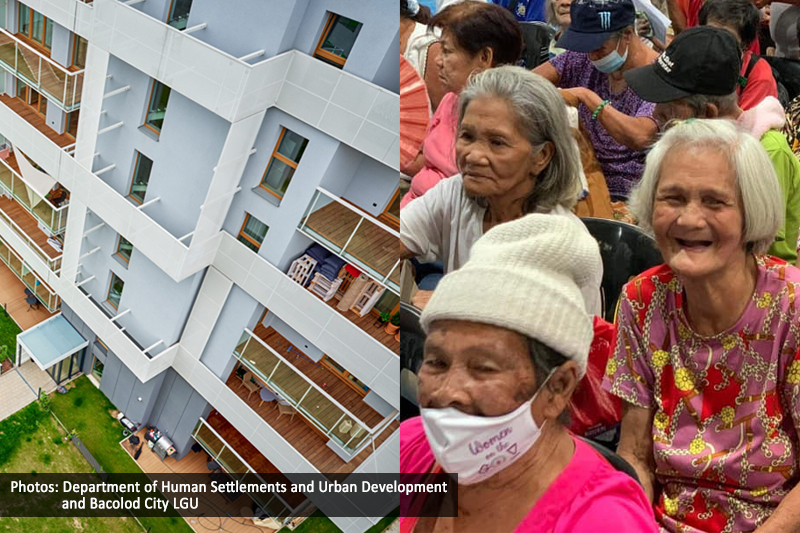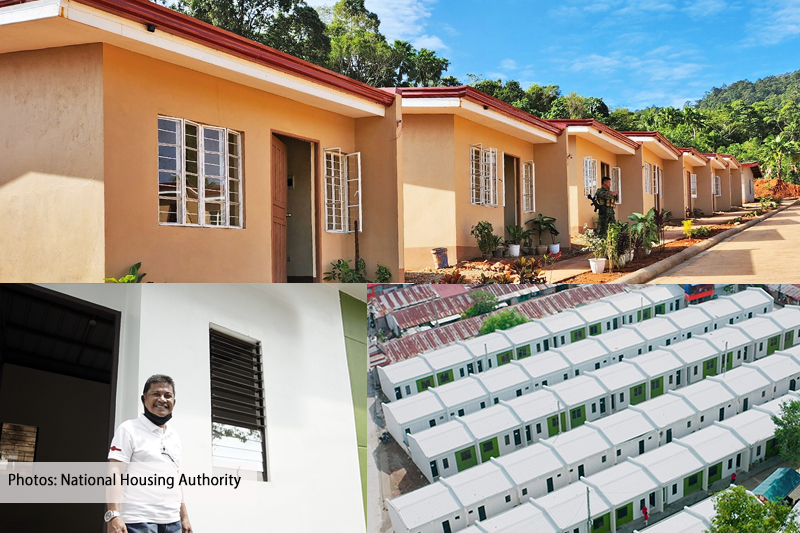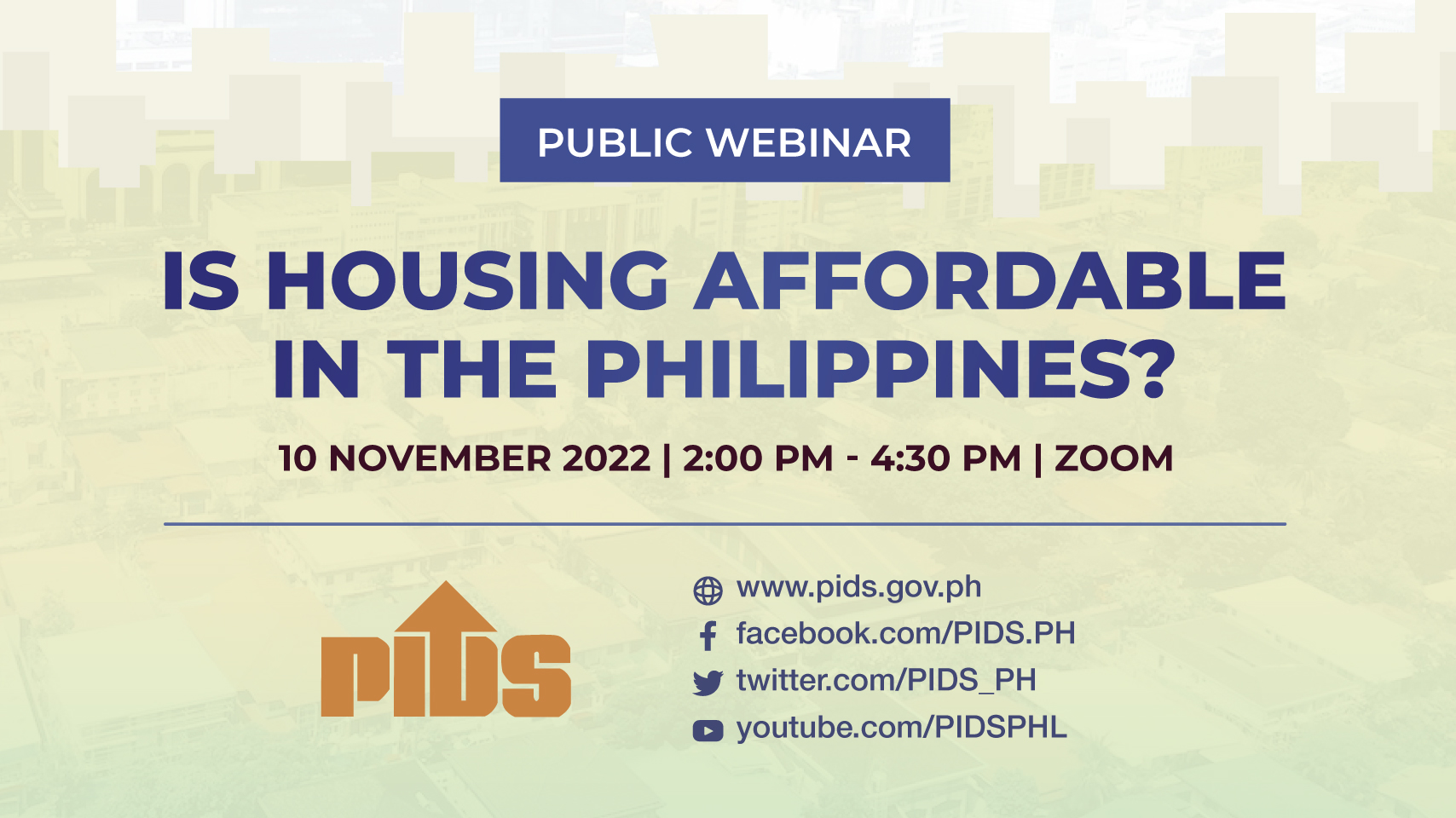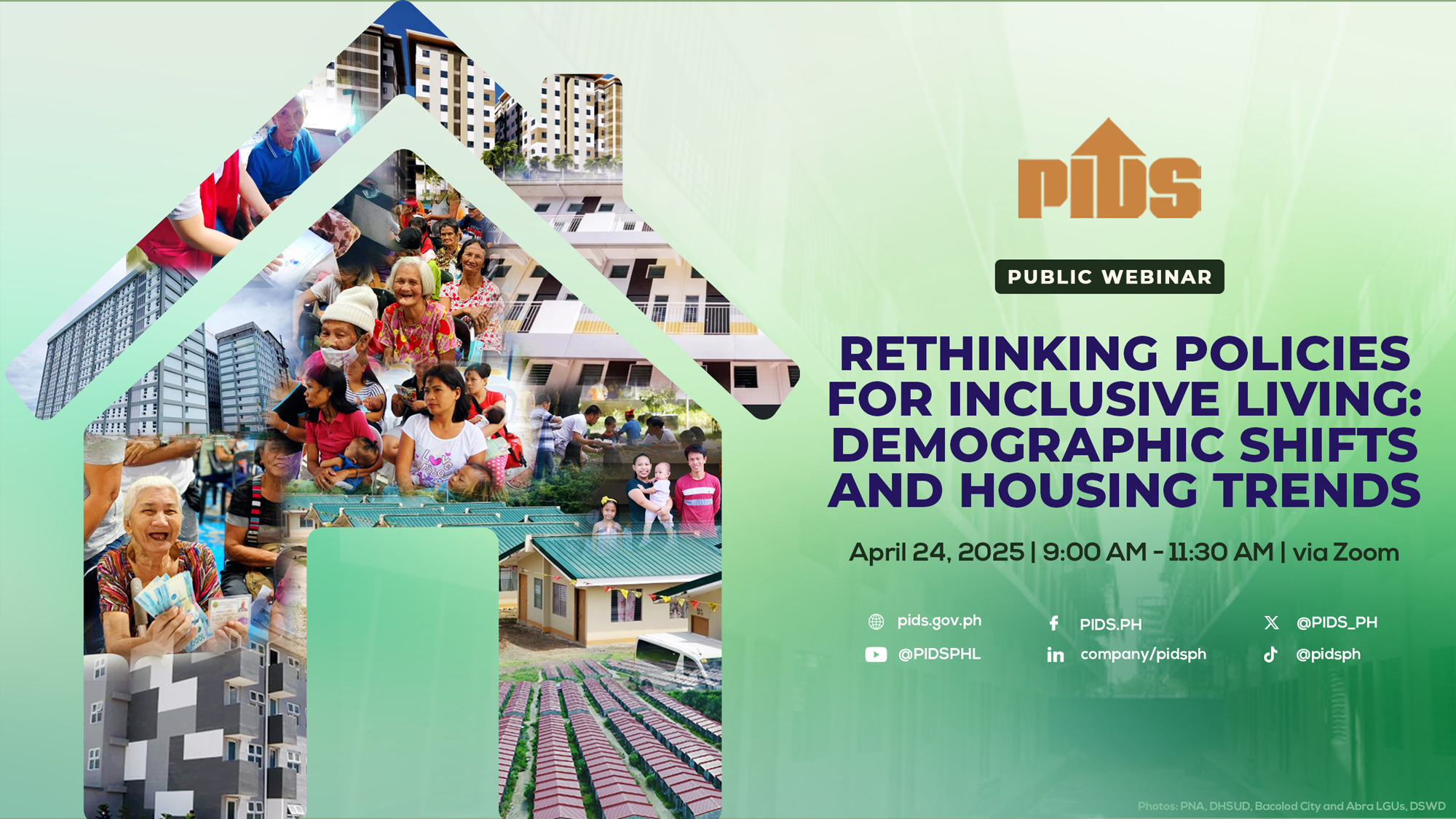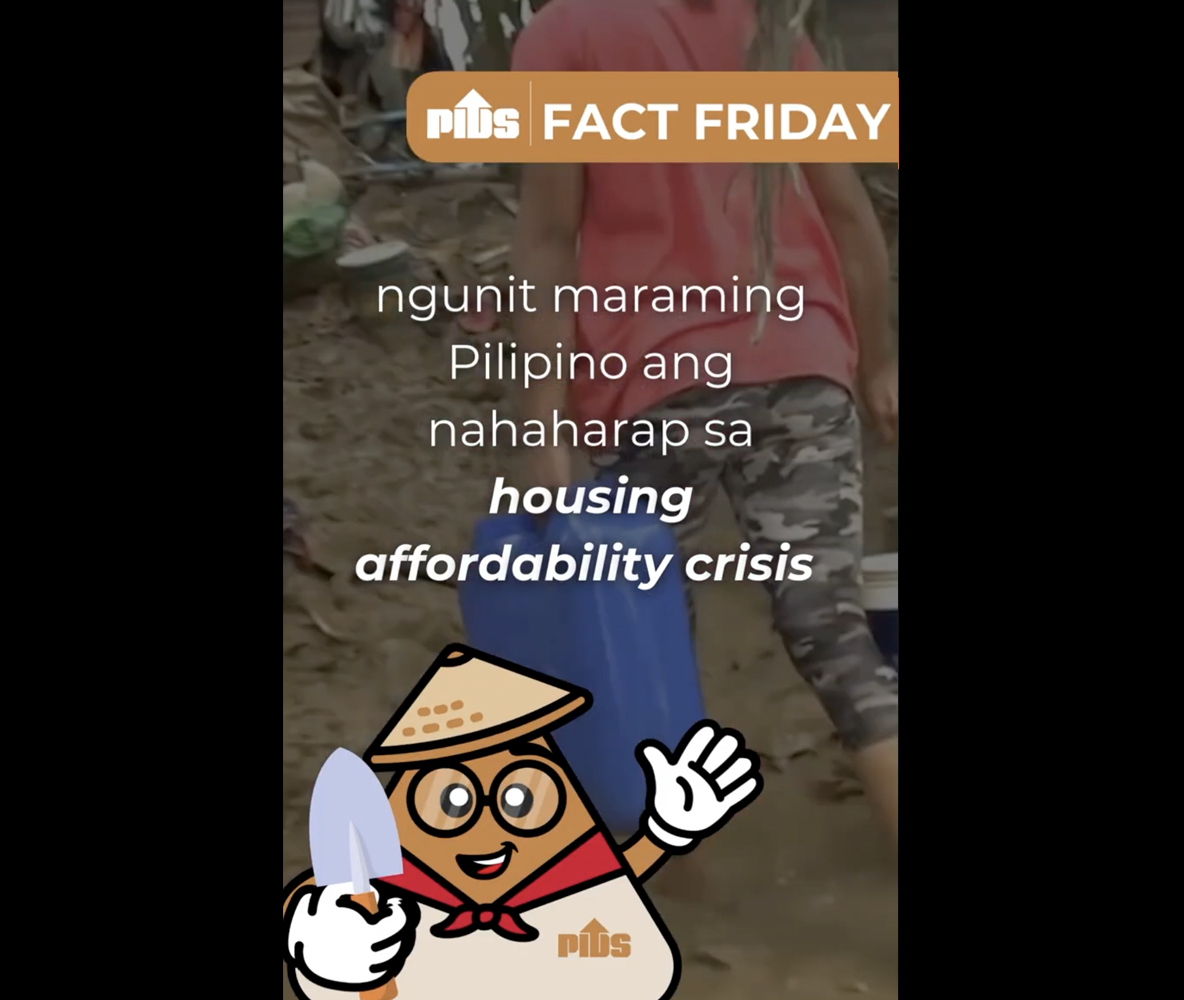Reactions from Foundation for Economic Freedom friends include: “What happened next was so predictable” to “occupy Forbes Park!” and many echoing the warnings from Senators Gordon and Trillanes of mob rule that may be unleashed. When the state is perceived to be powerless, it courts contempt, incentivizes extortion, and puts us on the road to deepening disregard for the rule of law, eventually, anarchy.
We have seen this story of populism leading to “equality in poverty” play out in Maoist China, until Deng Xiao Peng introduced market based reform and opened up China (see column of Professor Raul Fabella, “Which way will Duterte turn. April 3, 2017). Also, more recently, Chavez’s impoverishment of Venezuela.
Instead, we should be striving for inclusive growth, as envisioned in Ambisyon 2040 -- a long-term plan (work in progress) initiated by former NEDA secretaries and UP Economics Professors Arsenio Balisacan and Emmanuel Esguerra. This is being given life in this administration by its core economic team. Indeed even before they assumed office, President Duterte’s 10-point economic agenda went in this direction of aiming to eradicate poverty in one generation. Rule of law, including respect for property rights, underpins most of its elements. “Item zero,” the President’s self-authored insertion is “Peace and order, including the fight against criminality (per Secretary Ernesto Pernia ).”
Within the term of this administration, poverty is targeted to be reduced from 21.6% now to 14% by 2022. Some six million Filipinos uplifted from poverty. The essential first step towards this is a highly progressive tax reform program being championed by Secretary Dominguez. The program reshapes the tax system, making it fairer, simpler and less prone to evasion and corruption while at the same time raising the additional revenues to fund the “golden age for infrastructure” and direct social spending for health, education, and social services.
It’s about time that our Congress leadership display for this administration’s key legislation, the same kind of energy and urgency which amazed all with the House of Representative’s passage in record time of the flawed and suspicious two-tiered tobacco excise tax bill.
Reverting to the subject of the Kadamay occupation of public housing, the NHA is among the agencies under Sec. Evasco that is tasked with social spending. Under his leadership, we look forward to more strategic interventions in addressing the mass housing problem.
We await similar well-thought through policies there as in his reorienting NFA away from corruption-prone rice monopoly. As well-documented in researches by the Philippine Institute for Development Studies, the World Bank, and others, this has only led to huge waste in public resources and high cost of rice, contributing to poverty, malnutrition, and wage uncompetitiveness.
(Please see just released statement by the Foundation for Economic Freedom by visiting this link http://bit.ly/FEFonFB.)
Romeo L. Bernardo is a board director of the Institute for Development and Econometric Analysis. He was undersecretary of Finance during Corazon Aquino and Fidel Ramos administrations
mailto:romeo.lopez.bernardo@gmail.com
romeo.lopez.bernardo@gmail.com

